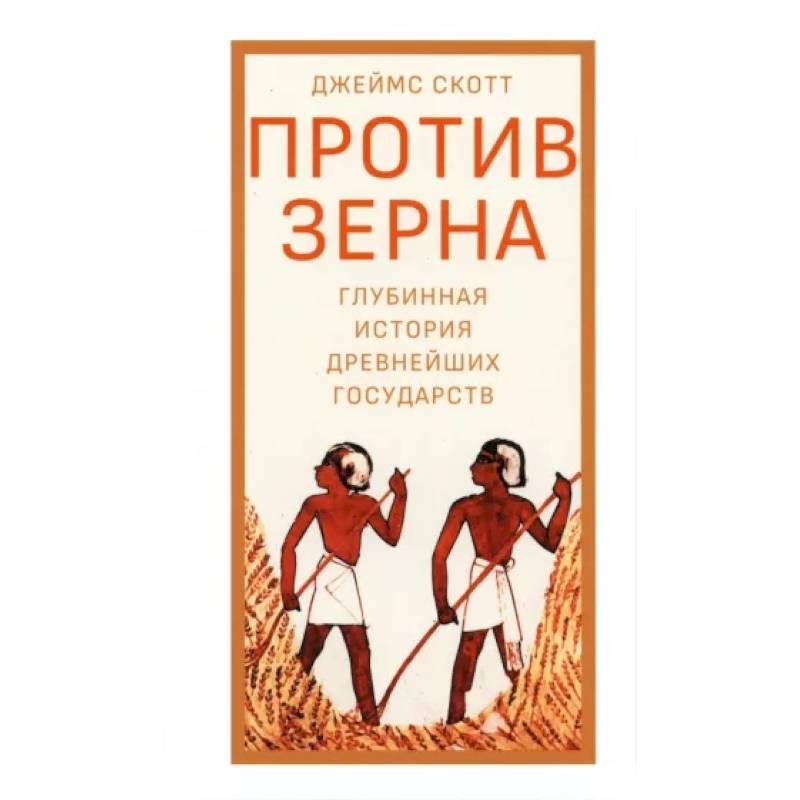Against grain. Deep history of ancient states
Please sign in so that we can notify you about a reply
Why did people abandon hunting and gathering for the sedentary life in communities that were based on grain cultures and livestock and controlled by the predecessors of current states? Most of us are confident that the domestication of plants and animals allowed people to finally move on to the settledness and establish the villages, cities and the state who lived agriculture, and the latter, in turn, created civilization, law, public order and, apparently, provided us with a safe life. However, archaeological and historical evidence of cast this traditional narrative doubt.
James Scott believes that the first agrarian states are a product of the totality of domestications: first fire, then plants, animals, subjects of states, captives and, finally, women in a patriarchal family - all these stages of domestication can be considered as a way of making control over reproduction . Scott is looking for answers to questions why we have avoided sedentary and plow agriculture for so long, what are the advantages of mobile economic ways, why the crowding of plants, animals and grains had such unforeseen epidemiological consequences and why all the first states are based on Pros, other cereals and non -free work. Scott also examines the "barbarians", who for a very long time slipped away from state control, and the “barbarism to the instrument of understanding tense relations between states and the peoples that have not subordinated to them
James Scott believes that the first agrarian states are a product of the totality of domestications: first fire, then plants, animals, subjects of states, captives and, finally, women in a patriarchal family - all these stages of domestication can be considered as a way of making control over reproduction . Scott is looking for answers to questions why we have avoided sedentary and plow agriculture for so long, what are the advantages of mobile economic ways, why the crowding of plants, animals and grains had such unforeseen epidemiological consequences and why all the first states are based on Pros, other cereals and non -free work. Scott also examines the "barbarians", who for a very long time slipped away from state control, and the “barbarism to the instrument of understanding tense relations between states and the peoples that have not subordinated to them
Author:
Author:Скотт Джеймс
Cover:
Cover:Hard
Category:
- Category:Business & Money
- Category:History & Geography
- Category:Science & Math
Publication language:
Publication Language:Russian
Paper:
Paper:Offset
ISBN:
ISBN:978-5-85006-435-8
No reviews found
